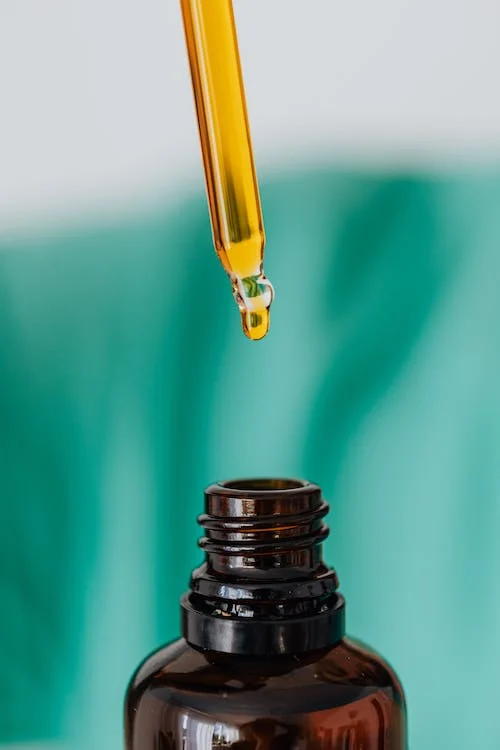EU Report: Antitrust Enforcement for Broader Pharmaceutical Access – Strengthening Compliance Amid Robust Measures
Explore the EU antitrust impact on pharmaceuticals (2018-2022). The recent report underscores the pivotal role of antitrust measures—promoting fair medicine prices, addressing anticompetitive practices, and shaping the future of pharmaceutical enforcement in Europe. In times of robust enforcement in both the EU and Türkiye, strategic compliance becomes imperative, providing pharmaceutical companies with a competitive edge.
23.02.2024

What is the Purpose and Scope of the Report?
The European Commission released a report on January 26, 2024, assessing the enforcement of EU antitrust and merger regulations in the pharmaceutical industry from 2018 to 2022. In collaboration with the national competition authorities ("NCAs") of the 27 EU Member States through the European Competition Network ("ECN")[1], the study focused on medications and certain medical items.
Given the increasingly stringent enforcement by NCAs in the pharmaceutical industry in Europe and Türkiye, and considering the sector's close scrutiny by the Turkish Competition Board, the report's findings also offer insights into the benefits that effective competition compliance management can offer to companies.
What Insights Does the Report Provide?
The report highlights that active enforcement of antitrust and merger rules played a crucial role in providing European patients with access to a broader range of affordable and innovative medications. This was particularly notable during the challenging period of the coronavirus pandemic.
What are the Key Findings of the Report?
Impacts of Anticompetitive Practices and Corresponding Enforcement Actions: With respect to anti-competitive agreements and cases of abuse of a dominant position, actions imposed by the Commission and NCAs since 2018 include 26 rulings against anti-competitive behavior in the supply of medicines, resulting in fines exceeding €780 million or legally binding agreements. Over 70 cases were investigated, with 30 ongoing and 40 closed.
The identified anti-competitive practices had adverse effects on both innovation and prices. These practices included:
- the misuse of the patent system and abusive litigation to prolong patent exclusivity;
- the disparagement of a competitor's products to protect the dominant company's sales;
- pay-for-delay agreements, where originator and generic companies colluded to keep generics off the market and share the originator's profits; and
- excessive prices charged for off-patent medicines.
The report underscores that antitrust enforcement has resulted in fairer prices for medicines.
Price Increase Concerns in Mergers and Merger Control: Competition authorities conducted 60 market monitoring and advocacy initiatives, contributing to a more pro-competitive market structure. Mergers between pharmaceutical companies were identified as potential contributors to higher prices, market concentration, and reduced choices in research and development. In addressing concerns about price increases in mergers, the Commission scrutinized over 30 cases. While five cases raised concerns, after proposed remedies, the Commission approved four mergers.
What is Next?
Looking ahead, authorities will continue prioritizing enforcement actions. Building on the preparatory work since the adoption of the Pharmaceutical Strategy for Europe in 2020, On April 26, 2023, the European Commission approved a pharmaceutical package proposing amendments to EU pharmaceutical laws. This initiative aims to enhance competitiveness, combat antimicrobial resistance, ensure higher environmental standards, and make medicines more accessible, affordable, and available across Member States and national health systems.
Conclusion
Enforcement actions by NCAs are growing increasingly stringent within the pharmaceutical sector across Europe and Türkiye. This sector stands out as one of the most frequently inspected industries by the Turkish Competition Board. In particular, the conduct of sector inquiries into the pharmaceutical sector in 2022 and 2023, as well as the initiation of an investigation against undertakings—most of which operate within this industry—on November 30, 2023 is important in terms of demonstrating the Board's approach to this field.[2]
Therefore, establishing effective competition compliance policies and allocating sufficient resources to train employees in these areas would provide a competitive advantage for pharmaceutical companies. Particularly, conducting awareness activities on the duties and responsibilities of each employee regarding potential on-site inspections under the Board's frequently utilized authority can help prevent administrative fines. These fines, imposed for hindering or complicating on-site inspections, can amount to “five-thousandths of the total turnover”.
Ultimately, the report underscores that antitrust enforcement plays a pivotal role in expanding patient access to affordable medications. Faced with heightened scrutiny from NCAs in the pharmaceutical market across Europe and Türkiye, it becomes imperative for pharmaceutical companies to allocate resources for establishing comprehensive compliance policies that address anti-competitive practices and employee training. This commitment ensures not only sustained access to medications but also positions pharmaceutical companies with a competitive edge.
Find the links to the Commission's press release and the full report below:
Update on competition enforcement in the Pharmaceutical Sector (2018-2022)
[1] The ECN is a collaborative framework comprising the European Commission and NCAs of all EU Member States, aiming to ensure the effective and consistent application of EU competition rules, promote an efficient division of work, and facilitate the sharing of experience and best practices among competition authorities
-
Kemal Altuğ Özgün
Managing Partner

-
Şamil Argun
Associate

-
Emire Özeyranlı
Associate




